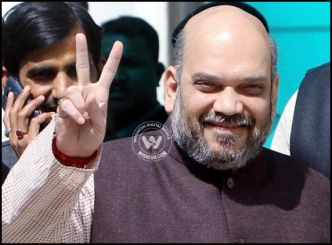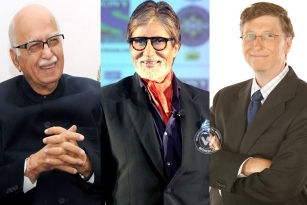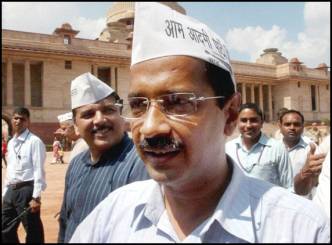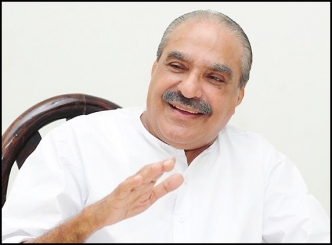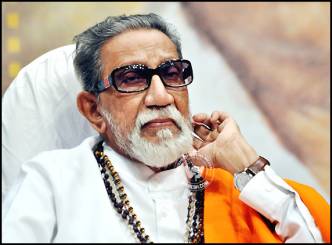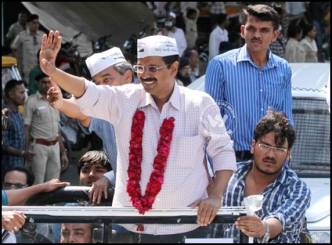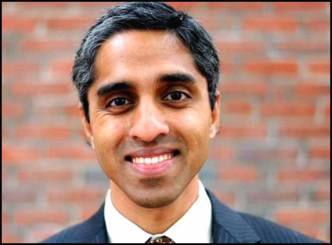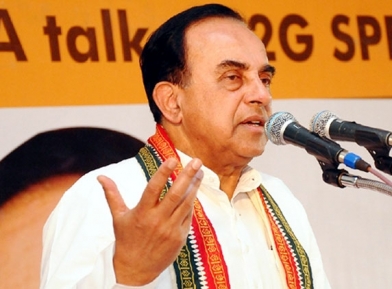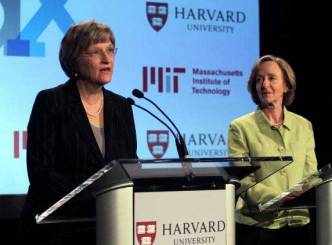
Many reports in fact throw up facts on how Indian universities do not rank in any of the International quality surveys. Further statistics also stress on the immediate need to build hundreds of new universities and to increase gross enrollment ratios at Indian colleges. Another reason for the donations to universities abroad is that the Indian entrepreneurs feel that Indian universities do not have the ability to utilize the funds well.
Top Indian industrialists are funding alumni base of Harvard University, reveals a recent survey by the U.S. News Short List. Meanwhile, the Indian universities are suffering from lack of contemporary IT infrastructure, absence of best practices and low student gross enrollment ratios (GER). Yet, the top industrialists choose to invest westward instead of directing their funds on Indian universities. As per the news survey conducted annually among 1,800 schools and reports of two-year alumni, Princeton University was rated on the top, making it the most loved university for donations. It is also to be noted that unlike Indian universities, which are largely funded by tuition fees, western universities are mostly funded by donation. For example, only about 20 percent of Harvard expenditures are met by tuition fee collections while nearly 50 percent comes from donation. A significant amount of the donation comes from its alumni base.
A number of studies that are conducted to study alumni donation patterns reveal some relevant questions being asked like the age of the donor, what affiliation the donor has and what is the motivation of the giver. A few studies seem to suggest that some alumni donate with the hope that their children would get an easy passage into the same Ivy League institutions. Even when Anand Mahindra joined the ranks by giving the highest donation to any humanities discipline at Harvard, questions were raised whether the donation was timed with his two sons seeking college admissions. Indian businessman Siddharth Yog gifted $11 million to his alma mater Harvard Business School and it made front page news since he made it to the rare category of single largest personal gifts made by any Indian to Harvard. Prior to him donations given to Harvard were by Anand Mahindra who donated $10 million, Ratan Tata donated $50 million to fund a campus building and Narayana Murthy donated $5.2 million to publish 'The Murthy Classical Library of India'. This has been an ongoing debate and every time an Indian donates to a university abroad, the question gains momentum again. When Ratan Tata became ‘the largest international donation in the Ivy League university's 102-year history’, the apparent question asked was how Indian universities can compete globally, if Indians continue to fund western universities. Among other philanthropic contribution to American Universities are Rohini and Nandan Nilekani who had gifted $5 million to Yale University.
It isn’t that the donation to Indian universities is completely non-existent, but it is quite bleak compared to the amounts donated to universities abroad. Nandan Nilekani's donation of $2.6 million to his alma mater, IIT to build a new hostel wing is often talked about. At the same time there have been a few thoughtful Indian philanthropists who have contributed to the Indian education system. Azim Premji who is the chairman of Wipro and the third richest Indian, donated $2 billion to the Azim Pemji Foundation that works towards educating children in rural India. This has by far been the biggest act of philanthropy by an Indian. HCL founder Shiv Nadar donated 580 crore towards the Shiv Nadar Foundation which will be used to fund educational causes in India. Vineet Nayyar, MD of IT services company, Tech Mahindra, donated one third of his shares in the company to the Essel Social Welfare Foundation, a Delhi-based organization. The organization supports education of the girl child and the handicapped. Asit Kotecha, who owns Pashmina Realty and is founder of ASK Group, donated 30 crore to the Mumbai University for building an international convention centre (ICC).
On the other hand various reasons are citied for funds not flowing in for Indian universities by the Indian entrepreneurs. The reason why they contribute to endowment funds abroad rather than invest in Indian education as per Pramod Bhasin, Genpact President and Chief Executive Officer is “I think one of issues that people face, particularly NRIs, is that charitable donations made in India, may not be tax deductable as in the U.S., depending on factors such as how is a trust registered, whether it is recognized internationally or not...That could be an issue,” as reported. Another reason for the donations to universities abroad is that the Indian entrepreneurs feel that Indian universities do not have the ability to utilize the funds well. Raising funds for building infrastructure, apart from day to day operations is a constant need of Indian universities as well as universities abroad. Many reports in fact throw up facts on how Indian universities do not rank in any of the International quality surveys. Further statistics also stress on the immediate need to build hundreds of new universities and to increase gross enrollment ratios at Indian colleges.



